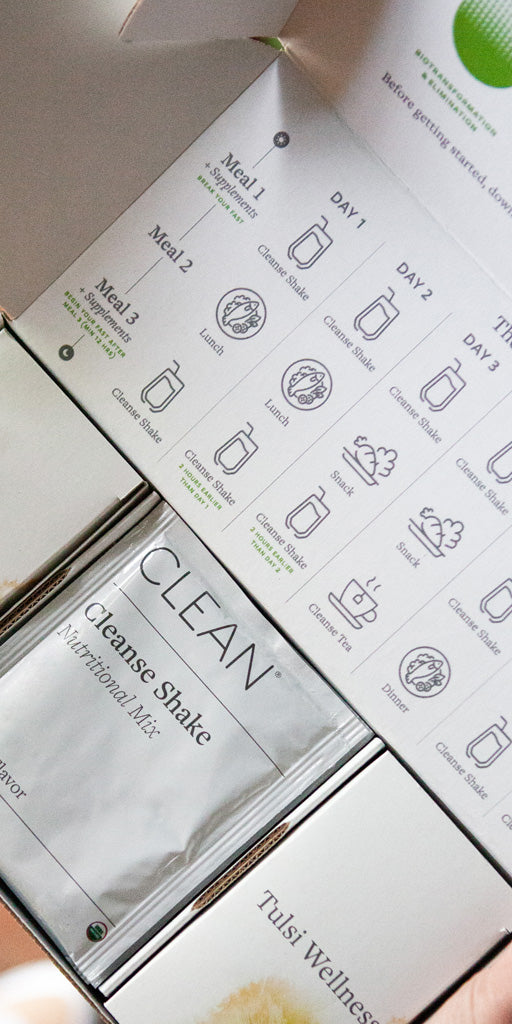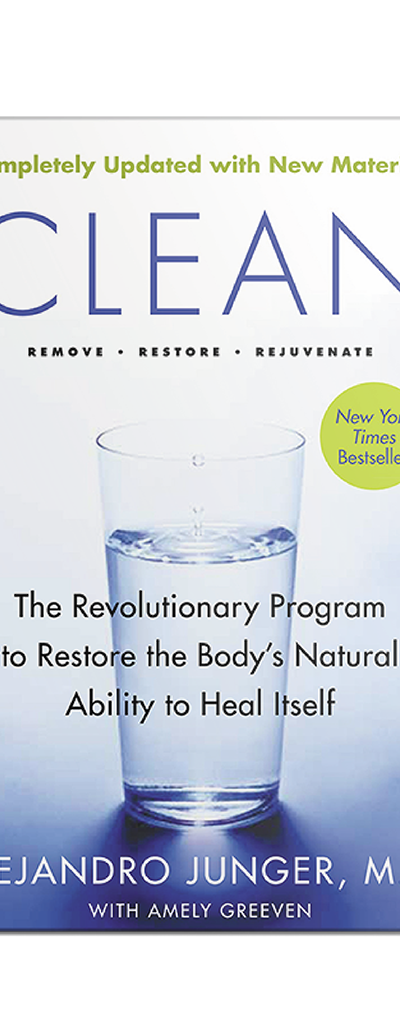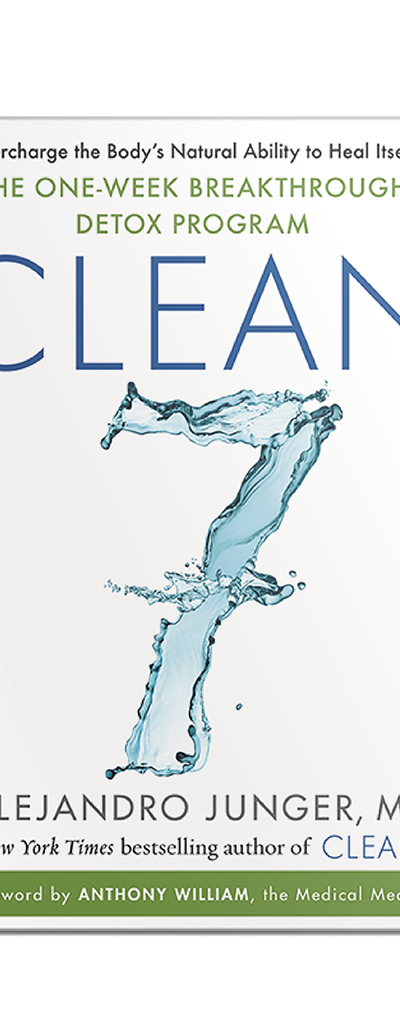Changing habits to improve our health can be challenging. We often know what we want to do but just can’t get ourselves in gear to do it.
The more we understand why we have trouble building new habits, the more empowered we’ll be to make long term health changes.
Why We Don’t Keep Our Commitments
The human mind is a conundrum. We slingshot from excitement to lethargy, from happiness to sadness, sometimes in a single day. We start taking action on our health goals only to find ourselves demotivated a few days later.
So we asked Deanna Minich, PhD why we have trouble changing our habits when we know the outcome is better health.
 Shiny Object Syndrome
Shiny Object Syndrome
Dr. Minich noticed that for some people, seeking out health modalities has become it’s own syndrome, what’s called shiny object syndrome. More time is often spent searching for new methods, distracting the person from sticking to their original health goal. They jump from book to book, expert to expert, diet to diet, and in the end, overlook the internal transformation needed to make real changes.
Dr. Minich writes:
“The easy work is the outer exploration, the tough part is actually doing the work. Their process in ‘looking for something on the outside’ just becomes another part of the picture of the pathology that is going on in the inside.”
This doesn’t mean we overlook new insights and discoveries in the field of health and wellness. Rather, we focus on how well we are taking action on fundamentals like eating clean food, getting enough sleep and Activity, and organizing our life to reduce stress. These foundations may not be as sexy as the newest superfood or juice blend, but they work.
We Don’t Feel Worth It
Do we deserve to be healthy and feel good or don’t we? No matter how many times health enthusiasts exclaim that “you deserve it!”, it’s up to us to decide for ourselves. And much of the time we don’t think we deserve to be healthy, or can’t fathom how to make a change.
Dr. Minich has seen this feeling arise in her clients:
“The very thing that people are resistant to is what I’ve seen heals them the most. But, oftentimes, people find all types of reasons or excuses as to why they can’t get there.
“In part, I think it’s because they know that if they do what is there and ready for them, they will have to change. However, they’re not ready for the shift. They rather stay in the comfort of discomfort than catapult into the unknown.”
For some, the unknown may simply mean committing to Activity two days a week. For others, removing a food or reducing sweets is the unknown.
In the end, there’s no easy answer to the question of self-worth. It’s something that needs to be engaged gently and compassionately.

We Can’t See the Forest for the Trees
One characteristic that separates humans from other animals, is our need for meaning. How we think about our actions greatly influences our behavior. We may make our commitments earnestly but if they are not connected to a larger meaning or desire, we can easily lose steam.
In other words, we can see all the trees, all the goals we strive for, but we miss the forest, the point of it all. When we get clear about the why of our health goals, it’s easier to stay energized and committed.
3 Ways to Change Our Health
How we think about our health is often as important as the actions we take. Here are three ways ways to help you consistently take action:
1. Write Your Health Dreams.
Commitments work best within the context of big health dreams. Spend a few minutes writing down why you want to change your health. Ask yourself what benefits you would gain from better health. What would you do if you had more energy, more focus, and a better mood?
Find reasons that deeply compel you, where you feel a physical and emotional response.
2. Get Organized.
Lack of focus and organization is one of the major killers of health progress. Many times we don’t follow through because we aren’t clear about what we actually want to do. We scatter our energy, constantly responding to problems and worries.
Doing five minutes of meditation before you begin will reduce the reactivity of your mind and allow you to dig in and set your commitments.
3. Create Consequences.
Creating consequences is a useful way to workout your commitment muscle. If you don’t follow through with your commitment, then you must do the consequence.
Here’s an example of a consequence.
Commitment: Activity 2x a week for at least 25 minutes.
Consequence: give up wine on the weekend.
For some, this method can feel like a scolding parent. But if there are health goals you really want to achieve, then a consequence is often what is necessary to get that habit going.
Naturally you won’t always keep your commitments. But you’ll stay in integrity when you keep the commitment or the consequence. (If you don’t do either then go back and connect with what you wrote above for #1.)
Don’t Wait for the Eviction Notice
Numerous patients come to meet with Dr. Junger and the Clean Team when they’ve already received the eviction notice. Their health is failing and they’ll do anything to get it back. But we needn’t wait until our health is at its worst to start making changes.
“I know what to do but I just don’t do it.” This is a statement we hear often from our clients. They know what to do intellectually but they haven’t built a strong commitment muscle to take action.
Let’s spend some time this week getting clear on why we want great health and then use the tools above to put it into practice.




















































